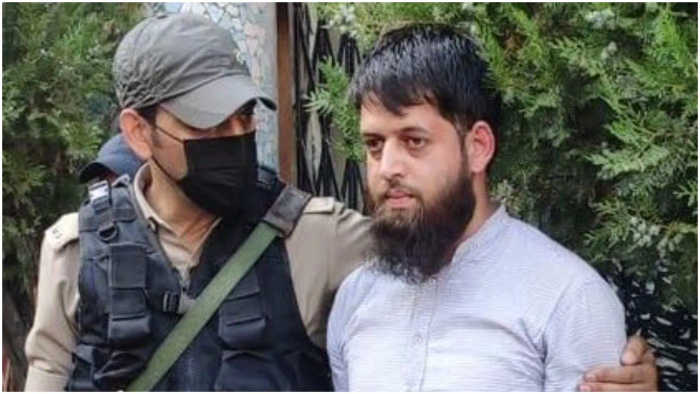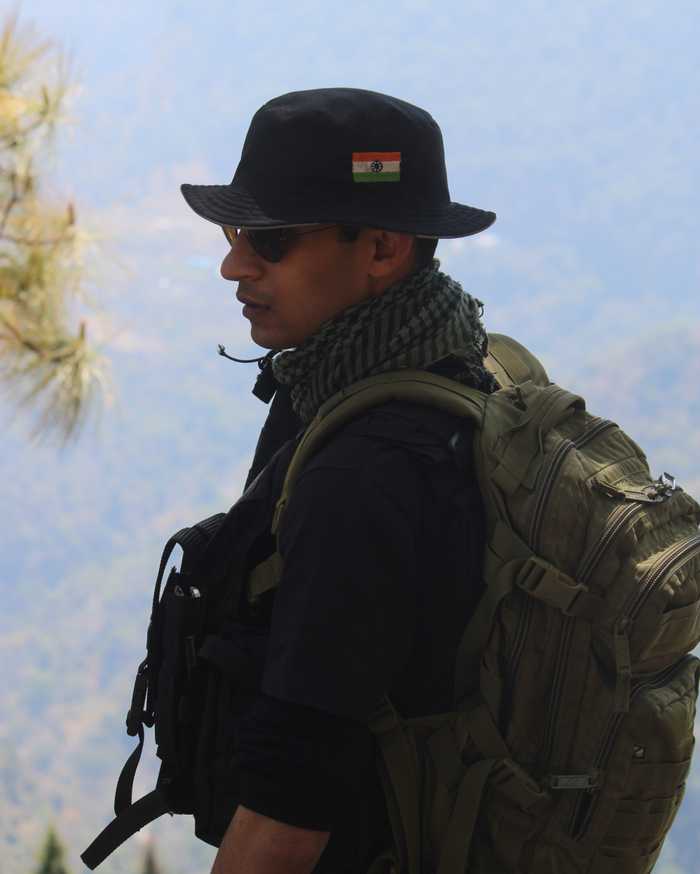Published 23:33 IST, August 2nd 2024
Human Rights Watch Report Echoes Pakistani Propaganda with Baseless Claims on Jammu and Kashmir
Despite setbacks, especially after Burhan Wani's 2016 killing, recent years have seen increased voter turnout and record tourism.
- Defence
- 4 min read
Srinagar, India: Human Rights Watch's recent report criticizing India's handling of Jammu and Kashmir (J&K) seems to echo Pakistan-sponsored propaganda. The report, which alleges ongoing human rights abuses, ignores significant improvements and complexities in the region's security situation, driven primarily by Pakistan's proxy war against India.
The state of Jammu and Kashmir was a full-blown insurgency zone in the 1990s. However, peace initiatives in the early 2000s led to a significant reduction in violence. Despite the setbacks, especially after the 2016 killing of Burhan Wani, the situation has improved notably in recent years, with increased voter turnout and a record flow of tourists.
Government's Efforts in Addressing Security Concerns
Union Home Minister Amit Shah has proactively addressed the security situation in Jammu and Kashmir. In light of recent terror incidents in Jammu, he has reviewed security measures and emphasized innovative means to combat terrorism. Shah directed security agencies to replicate successful strategies from the Kashmir Valley in the Jammu division, aiming for a decisive phase in the fight against terrorism.
-1722619620722.webp)
Since June 9, terror strikes in Reasi, Kathua, and Doda have resulted in casualties among pilgrims and security personnel. Shah highlighted that these recent incidents represent a shift from organized terrorist violence to a mere proxy war, showing the government's resolve to root out terrorism entirely.
Addressing Claims of Restricted Freedoms
Contrary to Human Rights Watch's claims, the government has made strides to improve the law and order situation in Kashmir. The significant reduction in terror-related incidents and the successful conduct of elections with high voter turnout are testaments to this progress. The number of tourists visiting the Kashmir Valley further underscores the region's improving stability.

While the report alleges suppression of journalistic freedom, it overlooks cases where individuals posing as journalists were involved in terrorism. Adil Farooq Bhat, for instance, was arrested for working as an overground worker for terrorists, undermining the credibility of claims regarding the suppression of press freedom. First booked under the Public Safety Act (PSA) in 2019, Farooq, who was studying at the Central University of Kashmir, shifted to Kot Bhalwal jail in Jammu to work as an overground worker of terrorists. He was again arrested in August 2021 near Lal Chowk, Srinagar, and grenades were recovered from his possession. At the time, he was working as a sub-editor.
Terrorism and Proxy War Dynamics
The volatile security scenario in J&K is largely a manifestation of Pakistan's proxy war combined with local political issues. Pakistan's initial support in the region waned as its double standards were exposed. Despite setbacks, the Indian government's efforts to ensure peace and stability have gained traction, even as Pakistan continues its efforts to destabilize the region.
-1722621539878.webp)
Recent terror attacks in Jammu have been met with swift and coordinated responses from Indian security forces. The Home Minister's directives emphasize seamless coordination and quick response strategies to ensure the safety and security of the region's inhabitants.
Journalists in a Warzone
HRW's report also touches upon the challenges faced by journalists in the region, citing intimidation and threats from militant groups as well as accusations from authorities. However, this portrayal neglects the broader context of the ongoing proxy war waged by Pakistan, which has targeted media professionals to further its agenda.
Notably, the report overlooks the challenges posed by militant groups like Lashkar-e-Taiba (LeT) and its affiliate, The Resistance Front (TRF), which continue to threaten journalists and civilians alike. The publication of hit lists targeting journalists by these groups exemplifies the real dangers faced by those working in the region.

Journalists in Kashmir face a precarious situation, with threats from both extremist groups and the pressures of operating in a conflict zone. A list published online in November 2022, labelling journalists as "collaborators" forced several media professionals to quit their jobs, highlighting the dangerous environment in which they operate. The J&K police said it suspected The Resistance Front, an offshoot of the Lashkar-e-Taiba, was behind the threats which were published on a blog called “Kashmir Fight”. An FIR was filed under UAPA.
Human Rights Watch's report on Jammu and Kashmir appears to be influenced by Pakistan-sponsored propaganda, failing to recognize the significant improvements in the region's security and human rights situation. The reality on the ground in J&K is far more nuanced and positive than what the report suggests, reflecting the government's unwavering resolve to protect its citizens and uphold fundamental freedoms.
Updated 23:33 IST, August 2nd 2024
